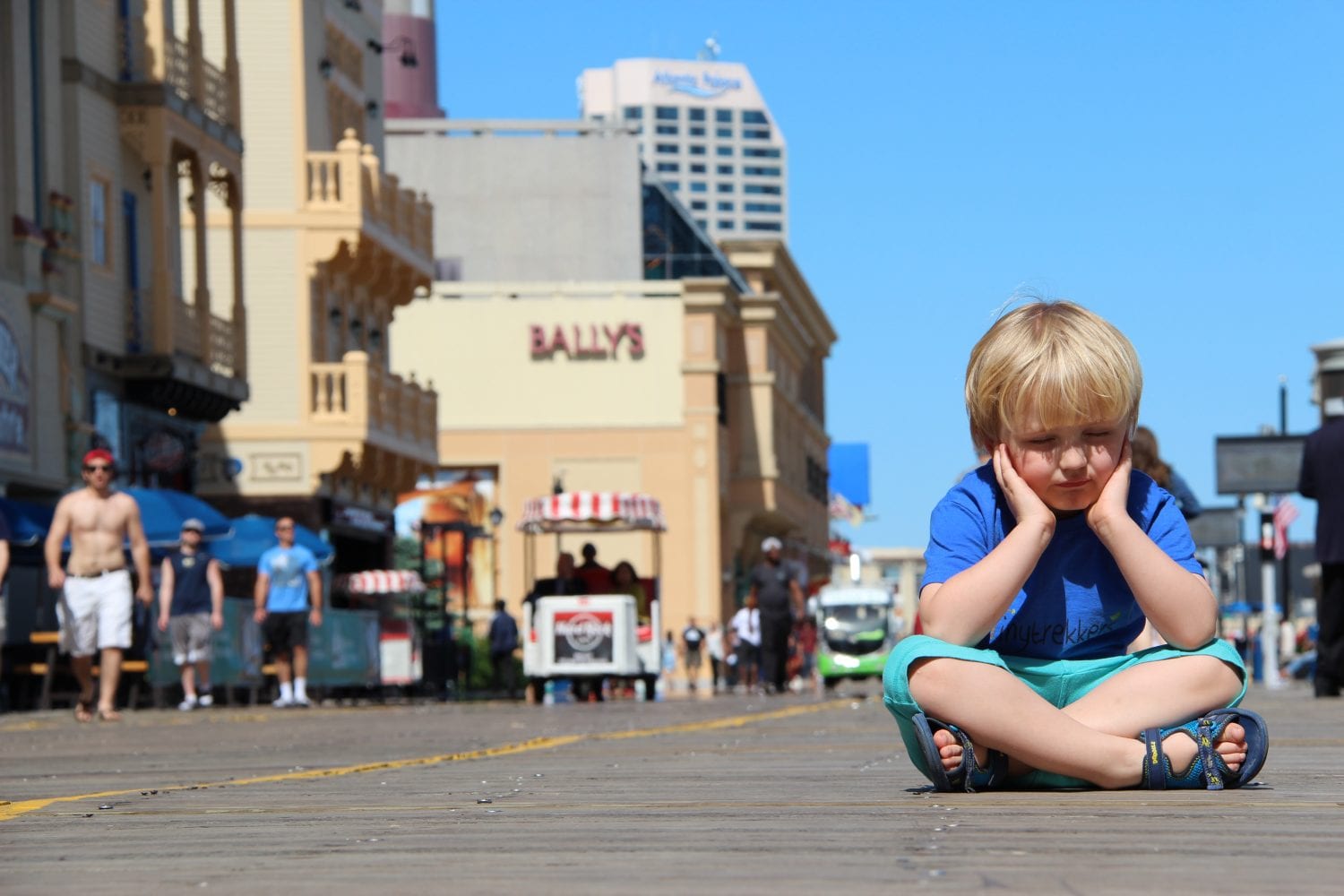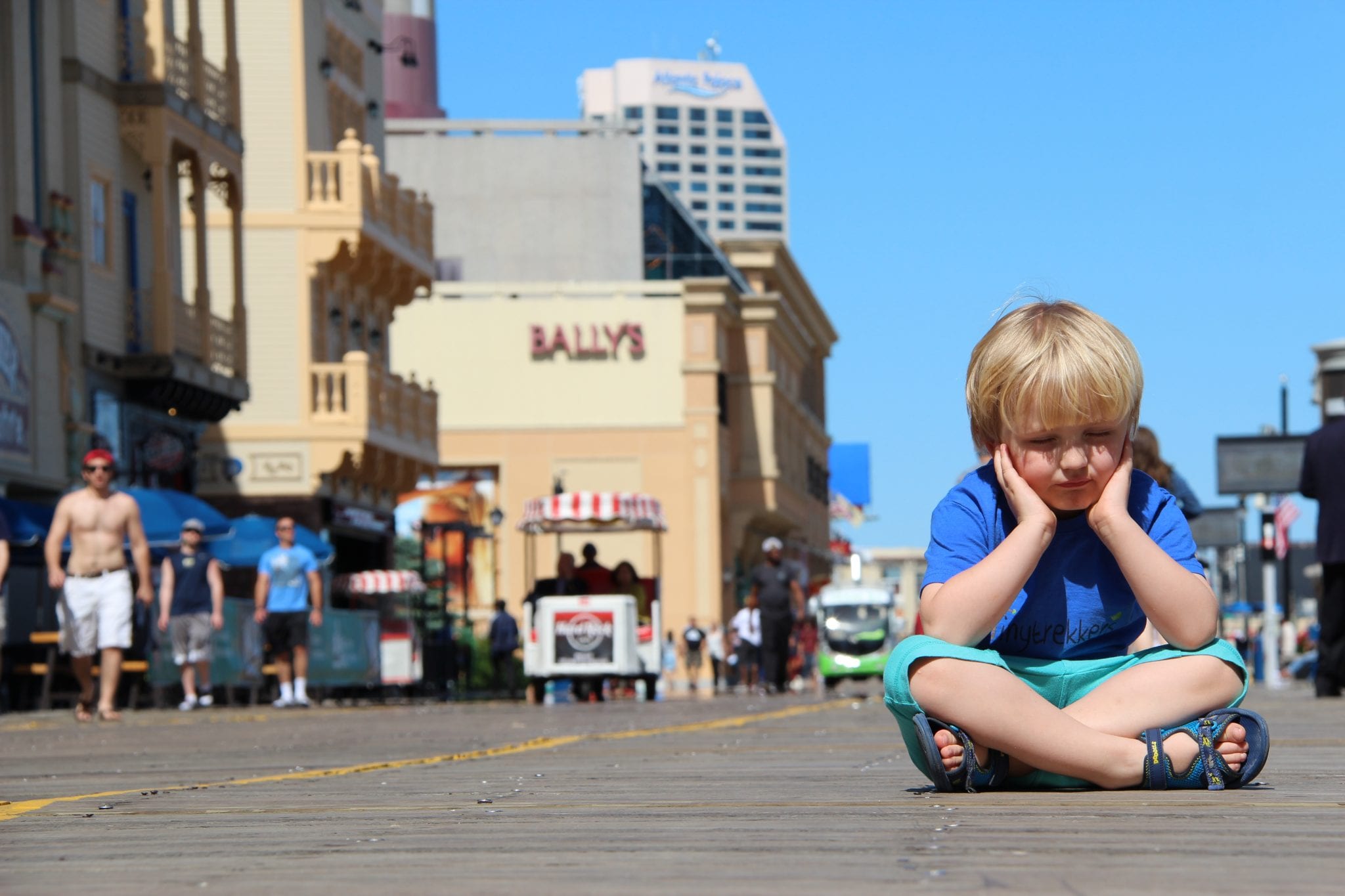

Money
It used to be that travellers would stock up on as much local currency as they could, and stock a shed load of traveller’s cheques, getting stung by some form of exchange rate or commission at every step of the way.
Thank fully those days are gone, and the reality is all you need is a fistful of dollars and a bit of plastic.
Dollars are the international currency and exchangeable everywhere. Of course it makes sense to bring a little local currency but for countries where this isn’t possible (for example India) you are at the mercy of changing money and ATM’s. It doesn’t have to be any more than a necessary niggle though.
The single best app for your smart phone in regards to travelling is XE the free version is more than sufficient and will show you the bank rate of exchange so you know for sure if you are getting ripped off.
Be aware, some countries require you to pay for your visa on arrival in US Dollars, plan ahead.
Cash is king
Though common place in most parts of the world that are built up, ATM’s (cash machines) are not nearly as common or reliable once you go rural. Often there is just one ATM for miles and if it is out of service you are screwed. It is important that you consider the money situation before heading out anywhere where you may end up needing funds.
In every country we have ever travelled, there has always been an easy, effortless way to exchange US Dollars. More often than not you don’t even have to go looking, and so if you can’t take the local currency with you – Stock up on USD. Generally I always have about $100 on me somewhere, carried in notes not larger than $20. On many occasions you will find you can pay in USD if you get desperate.
Always check the rate on XE.com prior to changing money and always be vigilant.
Travelers cheques are now all but obsolete, so if you get offered some, ensure you can use them where you are headed.
Changing currency
When flitting between countries it is often necessary to get rid of the old currency, and there is always some shady looking character looking to rid you of the obsolete money. Done properly, it will pose no problems and you will be on your way having done a fair and often good deal. But it is also a king of the world way to get scammed. I am not joking, these money changers are like human calculators, they can work out the rate before you’ve even thought of it and more often than not will give you a good price.
How to avoid being ripped off:
- Money changers are also the most amazing masters of sleight of hand that you will ever encounter. Always, always, always, always take the money from them and count it a minimum three times before you hand over your money to them.
- When you hand over money to them (and this is important) count it out as you do so. I have had this happen to me, where I handed over a 100 note and quick as a flash the bloke was telling me it wasn’t enough and it had magically turned into a ten note in the split second I took my eye off him. Count out any large notes so that he knows that you know exactly what you are giving him.
There are also official money changers that will generally give you a good price (far better than in the UK). If you can’t find an official money changer just nip into a bank, or pay higher rates at the airport (not recommended, but an option nonetheless).
The boom of currency cards
The cheapest way to spend money overseas is using the right card, there are prepaid currency cards and specialised credit cards available, all offering different perks and rates.
You have the security of not carrying loads of cash around and the benefit of withdrawing from local ATM’s in the local currency. There is of course charges, but by and large you can save a lot of money when compared with using travel agents to get your cash. And with prepaid cards being available without a credit check they are available to anyone, easily topped up either online or over the phone and come with all the usual bells and whistles of a normal bank/credit card. The only difference is that you can’t spend what you haven’t got.
I could write for hours about the best card and why – But Martin Lewis of Moneysavingexpert.com has written a fantastically comprehensive article and I strongly recommend reading it.
http://www.moneysavingexpert.com/travel/cheap-travel-money
Worth knowing: “MoneySavingExpert.com is free to use and free of advertising – you can’t pay to have content put on the site. Articles are written based on specialised editorial research of the best ways to save money.”
To cut to the point:
Best card all round – Halifax Clarity (if paid off each month)
Best Debit Card – Norwich & Peterborough BS
Best prepaid card – Monzo
Cheapest foreign currency here.
As a final note on currency cards, I can personally vouch for FairFx, Monzo and Revolut, I have used these cards all over the world and never once had an issue. My favourite is Monzo due to the speed of showing transactions.
Banks
I bank with Natwest and every time I go away I buy all my flights etc using my debit card. Prior to travel I advise my bank I am going away and where to and lo and behold, a few days later my card gets blocked. After a £5 phone call to get it unblocked I carry on and sure enough, a few days later it gets blocked again. To the point that for me, it is completely unrealistic for me to use my debit cards abroad. I don’t know how other banks compare, but ensure you advise them prior to travel and cross your fingers.
Carrying your cash
I always carry my wallet in a zipped pocket and split things. I have in my wallet my FairFx, some local currency and maybe $20 in cash.
Then, in a safe place (along with my passports) I have my credit card, debit card and cash. If I get pick-pocketed I only lose what I can afford to. That said, in 58 countries I know of only one time I have been attempted pick-pocketed and that was in Delhi, India.
Some people choose to wear a money belt, personally they make me itch. Others choose to carry old currency in a ‘fake’ wallet and so if they get robbed hand that over.
Whatever you choose to do I think it’s important to find the balance between being safe, using common sense and not inhibiting yourself through fear of being robbed.
Haggling
You will begin to feel like everyone is out for a slice of your bank balance and you won’t be wrong. You are seen as a rich person and to most, locals are fair game. Haggling is an absolute must and fully expected (where fixed prices aren’t displayed) and though many see bargaining as a chore, if you approach it with a smile you will soon slip into the routine and see things for what they really are – Two people trying to agree a price.
Simple rules:
- Bargaining is not a test of pride, don’t treat it as such.
- The seller will never under any circumstances sell you something for less than what they paid for it, no matter how much they say they are.
- If you agree a price pay it, don’t move the boundaries.
- Never get angry, or insulted no matter how insulted the seller claims to be by your offer, it’s all part of the process.
- Realise what you are bargaining over, ten pence means more to him than you.
- If you can’t agree a price simply say “ok, no thank you” and walk away, the price will almost always drop instantly to a more reasonable price.
- Ask your hotel/hostel of what general costs are to give you an idea.
- It is difficult to generalise, but in Egypt for example, you never pay more than 1/3 of the original asking price. At the very minimum you should start your bargaining at that, most people end up settling on about half of the original amount.
- See scams for common buying pitfalls.
Costs
As economies hit the wall things get expensive and if you are king of haggling things get cheaper. Strut down the street like a tourist and you will expectedly get treated like one, you will pay more and get less. Exude a little confidence, know what to pay and you will give yourself the best opportunity of getting that rare gift of ‘the local’s price’
See the money section in country specific articles for approximate costs.
But remember, no two tourists pay the same price – Be the one that paid the least.
Good luck!






Comments are closed.